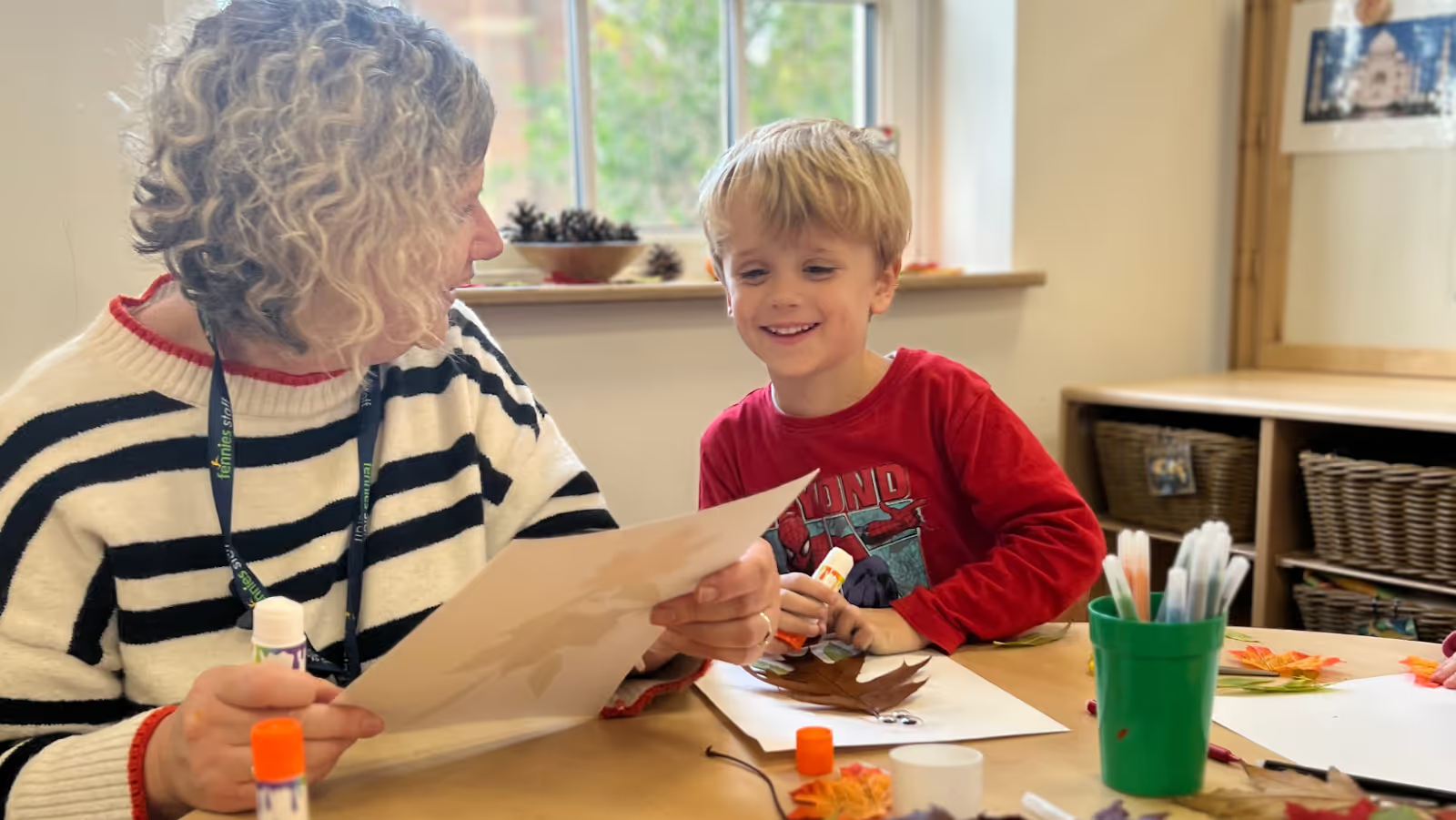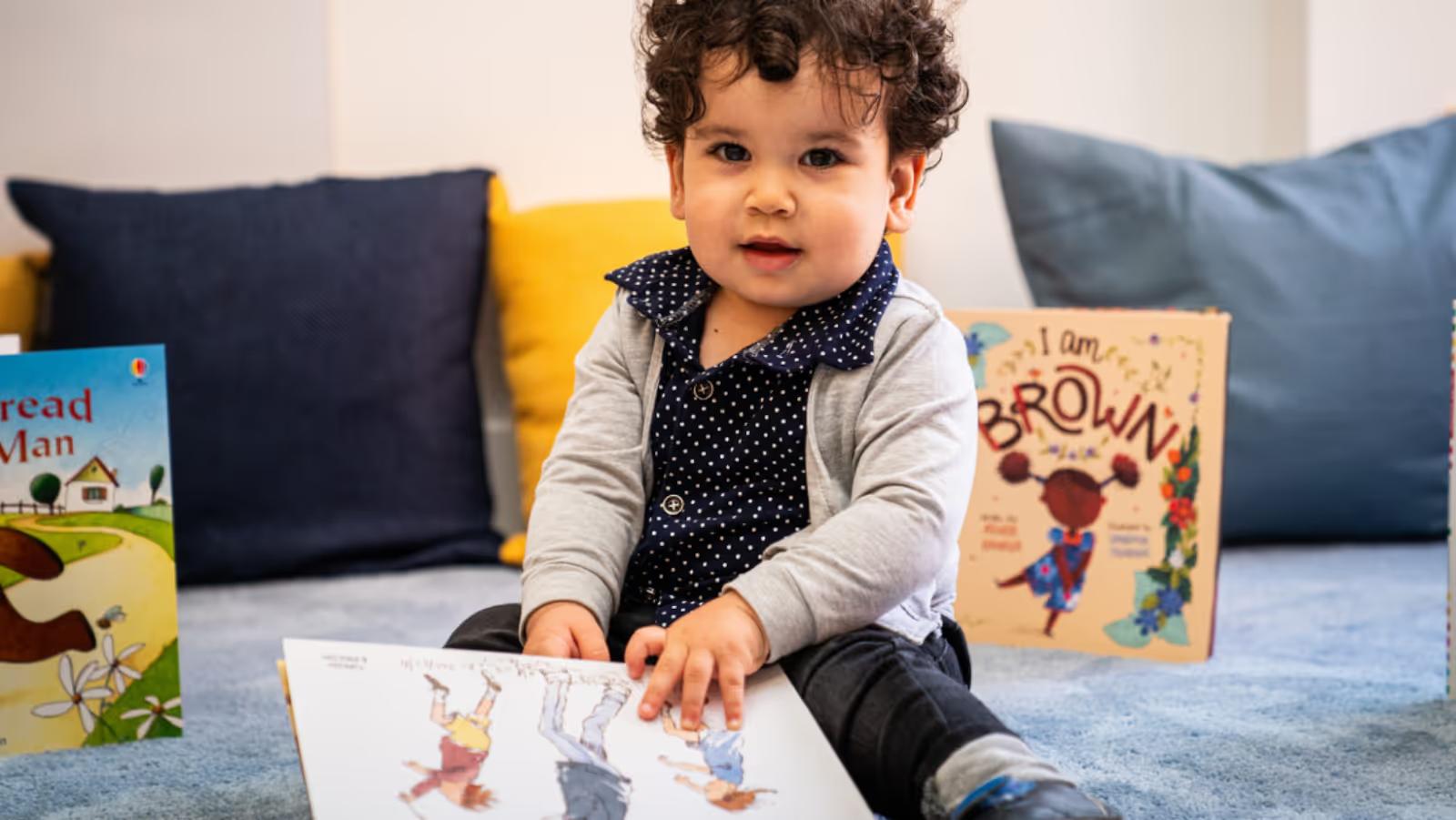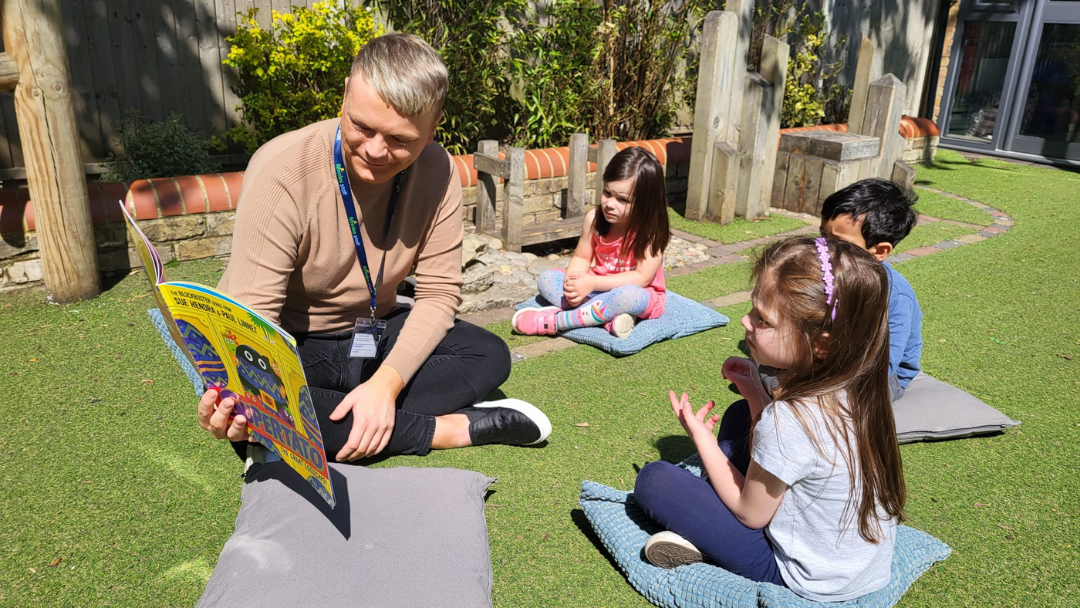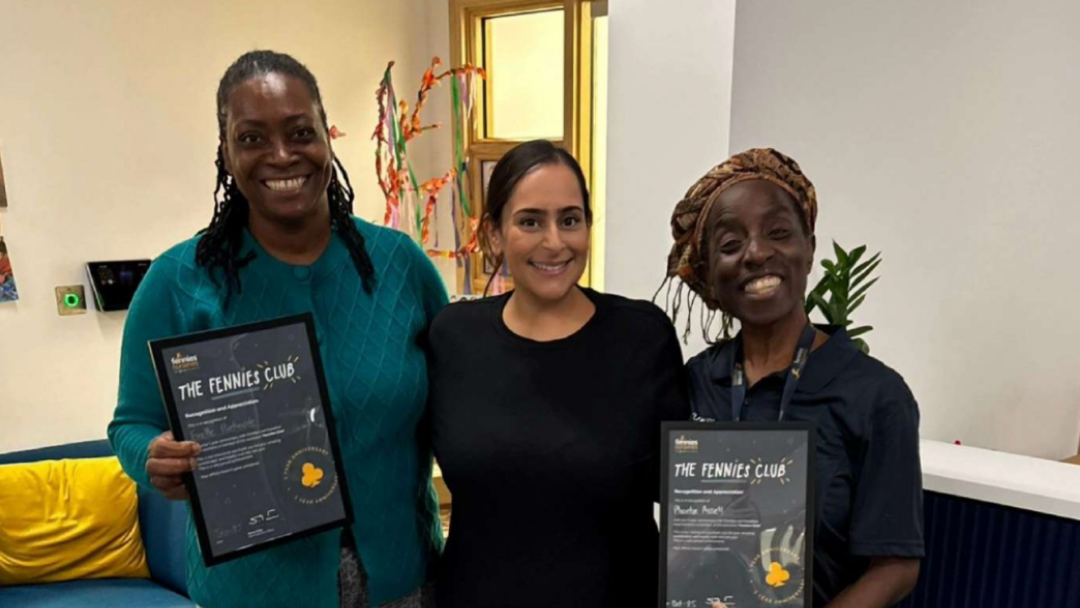Understanding the application process for UK schools is crucial for parents to ensure their children receive the best educational opportunities. This guide will walk you through key aspects of the UK school system, the application process and how to prepare your child for a successful start at school.
- Understanding the UK School System
- The Application Process for UK Schools
- Preparing Your Child for School
- Choosing the Right School for Your Child
- Navigating the Admissions Process
- Prepare Your Child for School with Fennies
Understanding the UK School System
The UK school system is composed of various stages that cater to children's education from Early Years through to secondary education. Familiarising yourself with the structure can help you make informed decisions about your child’s schooling.
Key Stages and Curriculum
The education system in England is divided into four key stages and the EYFS:
- Early Years Foundation Stage (EYFS): For children aged 0-5, focusing on play-based learning.
- Key Stage 1 (KS1): Ages 5-7, covering years 1 and 2.
- Key Stage 2 (KS2): Ages 7-11, comprising years 3 to 6.
- Key Stage 3 (KS3): Ages 11-14, which includes years 7 to 9.
- Key Stage 4 (KS4): Ages 14-16, culminating in GCSE examinations.
Each stage has specific curriculum requirements with a focus on a broad range of subjects, including mathematics, science and the humanities. Understanding these stages will help you gauge when your child should start schooling. Additionally, the curriculum is designed to foster critical thinking and creativity, with an increasing emphasis on digital literacy as technology becomes an integral part of everyday life. This holistic approach aims to prepare students not just for exams, but for lifelong learning and adaptability in a rapidly changing world.
Types of Schools in the UK
There are several types of schools in the UK, each with a different approach to education:
- State Schools: Funded by the government and free to attend, they operate under the national curriculum.
- Independent Schools: Also known as private schools, these charge fees and have more freedom in their curriculum design.
- Academies: State-funded schools that operate independently of local authority control, often with unique teaching approaches.
- Faith Schools: Follow the national curriculum but choose what they teach in religious studies.
- Special Schools: Designed for students with specific educational needs, offering tailored support.
Each type has its advantages and disadvantages, making it important to research options that align with your child’s needs and your family values. For instance, state schools often provide a diverse environment, reflecting the local community, while independent schools may offer smaller class sizes and specialised programs.
Moreover, academies are increasingly popular due to their flexibility in curriculum and teaching methods, allowing for innovative educational practices. It’s also worth considering the role of faith schools, which are affiliated with religious organisations and can offer a values-based education, appealing to families seeking a particular ethos in their child's schooling.

The Application Process for UK Schools
When it comes to applying for a school, timing and procedure can vary, often depending on the type of school you are considering.
When to Apply
Applying to schools in the UK usually occurs in the autumn term of the year before your child is due to start school. Key dates include:
- Reception Year: Applications typically open in September and close in mid-January for children starting school the following September.
- Secondary Schools: Applications for secondary school usually begin in September of Year 6, with a deadline in October.
Being aware of these timelines helps ensure that your application is submitted on time, avoiding the stress of last-minute preparations.
How to Apply
The application process varies slightly depending on the school type:
- State Schools: Applications are usually submitted online through the local council’s website.
- Independent Schools: Direct applications typically made via the school's website, often requiring additional documentation such as references and assessments.
For state schools, ensure that you have listed your choices in the preferred order, as this can impact acceptance in oversubscribed schools. Last year, 93% of primary school applicants received an offer from their first preference school.

Preparing Your Child for School
As important as the application process is, the preparation your child needs for their beginning years at school is also just as important. Teachers have reported that a growing number of children do not have ‘school readiness’ in a recent survey, which states 25% of children start school not toilet trained, 30% can’t communicate their needs to their teachers and more than a third can’t dress themselves.
Essential Skills for School Readiness
Parents can help their children develop key skills necessary for academic success, such as:
- Basic Literacy and Numeracy: Encouraging reading and counting games can enhance these skills.
- Social Skills: Playdates and group activities can teach sharing, co-operation and communication.
Structured or open-ended play, exposure to diverse activities and reading regularly will support your child's development and boost their confidence.
Emotional Preparation for School
Starting school can be an emotional experience for your child. Addressing their feelings about this transition is important. Things to consider include:
- Discussing Expectations: Talk openly about what school will be like to help manage anxiety.
- Role-playing Scenarios: Engage in activities that mimic school situations to ease fears.
Open communication will help your child feel more confident and secure as they start this new chapter of their life.

Choosing the Right School for Your Child
Finding a school that fits your child’s needs and your family’s values is essential in their educational journey.
Factors to Consider
When assessing potential schools, you could ponder over the following factors:
- Academic Performance: Look at Ofsted reports and school performance tables.
- Facilities and Resources: Consider the school’s facilities such as libraries, sports areas and arts programs.
- Extracurricular Opportunities: Check if the school offers clubs and activities that align with your child's interests.
Your child's interests, strengths and personality should guide your decisions, ensuring they thrive in their school environment.
Visiting Potential Schools
Arranging visits to schools can provide invaluable insights. Most schools host open days or tours:
- Prepare questions to ask during the visit.
- Observe the environment and interaction between students and teachers.
- Take note of the school's atmosphere and ethos.
First-hand experience can help solidify your choice and ease apprehension for both you and your child.

Navigating the Admissions Process
After you’ve identified suitable schools, understanding the admissions process is crucial for successful application.
Understanding Admission Criteria
Admission criteria can vary dramatically between schools. Generally, they may include:
- Geographical location and catchment areas.
- Sibling priority for families with children already enrolled.
- Religious affiliation, especially in faith-based schools.
Knowing these criteria allows you to tailor your applications accordingly and increases your chances of securing a place at your desired school.
The Role of Catchment Areas
Catchment areas are geographical zones from which a school accepts students. Being in the catchment area can often enhance your child’s chances of admission, so:
- Research your local schools’ catchment boundaries.
- Consider potential relocation if you are determined to secure a place at a specific school.
Understanding the significance of catchment areas can help you make strategic choices in your application process and ensure your child attends a school that best fits their needs.

Prepare Your Child for School with Fennies
At Fennies, our approach to education extends beyond teaching concepts like reading and writing before school. We are strong advocates of a holistic approach, where children thrive through effective interactions with their environment and peers, with a focus on exploration and play, so that they are prepared to start school.
FAQ
Subscribe to our newsletter
Stay up to date with Fennies news


.avif)







